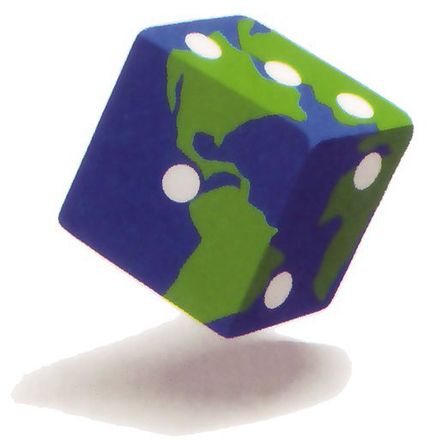SMOOSH JUICE
Publishers Talk about U.S. Tariffs | BoardGameGeek News

I’ve used a globe-as-die logo since I ran BoardgameNews.com in the late 2000s. Gaming is a global activity, with a designer from one country often signing a game with a publisher in another country, that game perhaps being produced in a third country, the game being licensed by publishers in multiple other countries, then people around the world playing that game.
I’ve frequently talked about my favorite SPIEL experience: learning Japanese designer Satoshi Nakamura‘s Fairy Tale in 2004 from a German teacher who explained the game in English to me and three others, with one of those players explaining the rules in French to his two comrades, while the teacher would clarify rules with the designer in Japanese. Despite our lingual differences, we were all driven by a common goal: Playing a game together.
That international connection will likely be more difficult in 2025 thanks to the April 2 decision by U.S. President Donald Trump to impose a new round of tariffs on goods entering the U.S. With a new 20% tariff on goods coming to the U.S. from the European Union and a new 34% tariff on goods from China — on top of an existing 20% tariff, mind you — publishers who bring games into the United States are suddenly facing huge financial surprises, whether they’re U.S. publishers receiving games produced abroad or European publishers shipping games to U.S. distributors.
To get a feel for how game publishers are responding to this announcement, I sent a survey to the 1,200+ people on BGG’s publisher mailing list. Here’s a sampling of those responses, with identifying information included based on the respondee’s preference. I’ll post more responses in the days ahead:
Dave Beck of Paverson Games writes:
Beck had posted a March 26, 2025 update on the Kickstarter for Luthier noting that English-language copies would start shipping soon, so this is one of two games caught in this crisis.
As for what might change down the road, he wrote, “If, and only if this stuck, I will need to make long-term decisions about the type and size of games I make, as well as how I price them.” Note that Beck just announced Kory Jordan‘s Class of ’89 in late March 2025, with this being a standard large square box.
Another U.S. publisher, Rock Manor Games, is also confronting crowdfunding-related challenges: “Currently, we’re still reeling but we are immediately postponing a pledge manager for a funded game to wait for more clarity/stability around tariffs (and to see if we need to charge more in the PM for U.S. backers). We’re also considering delaying/postponing several crowdfunding campaigns and upcoming releases so that we can focus on selling existing stock in the USA.”
Mirroring a recent change by Alley Cat Games in its production of crowdfunded games, Justin Jacobson from Restoration Games says that in addition to increasing the MSRP on some upcoming titles, it will reduce “the number of units of our large KS games we plan to make available in distribution”. More specifically, Restoration will work “on diversifying and strengthening our sales channels, in particular focusing on increasing direct sales, where we can absorb the increased costs better.”
In a March 13, 2025, Kickstarter update on the state of Unmatched Adventures: Teenage Mutant Ninja Turtles, someone at Restoration Games wrote:
Double them? If only!
Another U.S. publisher writes: “We will need to raise MSRP of any new releases or reprints. It will also cause us to pause or rethink producing as many new titles as we previously planned over the next 24 months”, adding that it will likely release smaller projects than it has previously “until things are less volatile”.
An Italian publisher that releases its own designs, in addition to licensing games from other companies, says it’s too soon to know what might happen: “Wait and see. All new projects will be postponed.”
This sentiment was echoed by another U.S. publisher that will be “[p]ushing out larger projects or re-designing them”, while expecting lower margins in the immediate future.
Margins come up repeatedly in publisher comments: “I expect to raise our prices by 25%, which still cuts our profit margins considerably.”
And another: “We are increasing the MSRP of our games because margins were already thin and cannot absorb the cost of tariffs”, says another U.S. publisher. “These [tariffs] will result in higher prices for consumers and layoffs for many larger companies in the board game industry.”
A French publisher states that it will exhibit at fewer U.S. conventions and with smaller booths, while also “planning to increase the price of our games in the U.S. and therefore to probably sell less”.
This publisher produces in both China and Europe, but “[w]e might produce more in Europe as Europe will become a more important part of our business”. As for moving production to the United States, they say, “[T]he U.S. manufacturing capabilities are not good enough for what we need: too expensive, with bigger MoQ [minimum order quantity], and not the best quality.”
A U.S. publisher seconds this last part: “Right now there are no effective long-term changes to production we can make. Delano in the USA is suitable only for pure card games and no other real alternative exists.”
Says Justin Jacobson at Restoration Games: “Most folks don’t realize that it is literally impossible to manufacture most hobby games in the U.S., even if you didn’t care about reducing profit. I mean literally impossible.”
But “impossible” depends on what’s inside your boxes — or whether you even have boxes. Joshua Acosta of Neon Comet Games writes, “I produce all of our games here in the U.S.”
Another publisher that does the same writes, “The tariffs have no impact on my business.”
I asked whether long-term production plans might change, and this publisher’s response mirrored many others: “Our long-term plans will be determined based on demand as prices and economics shift. The economic climate is much too volatile and unpredictable to plan even six months into the future.”
A U.S. publisher with a single game line wrote that it “[w]ill delay and may not choose to make new expansions. May close publisher.”
Aside from making fewer print runs and advertising less while trying to move existing inventory, Facade Games tells me that it’s hard to know what to plan for “because of the unpredictability of everything”. In more detail:
To move to a new factory would be a lot of work and would certainly force us to raise our prices on all of our games, and cause creative delays as we deal with the changes. There is no viable option in the U.S. right now for manufacturing our games, and moving to any other country than China feels just as risky. At the moment it seems that we need to stay the course with our current factory and ultimately raise prices on the customers.
I’ll close with this anonymous statement:
I don’t know what the situation will be the next time we have a print run of something arriving. I can’t just say that we will raise prices because who knows if the market will bear that. Consumers are suddenly going to be in a situation where everything is more expensive and something is going to have to give. We live in uncertainty. We will do our best to survive.

/pic2346498.jpg)
/pic8145392.png)
/pic8037400.png)
/pic8326284.jpg)
/pic8409180.png)
/pic7069717.jpg)